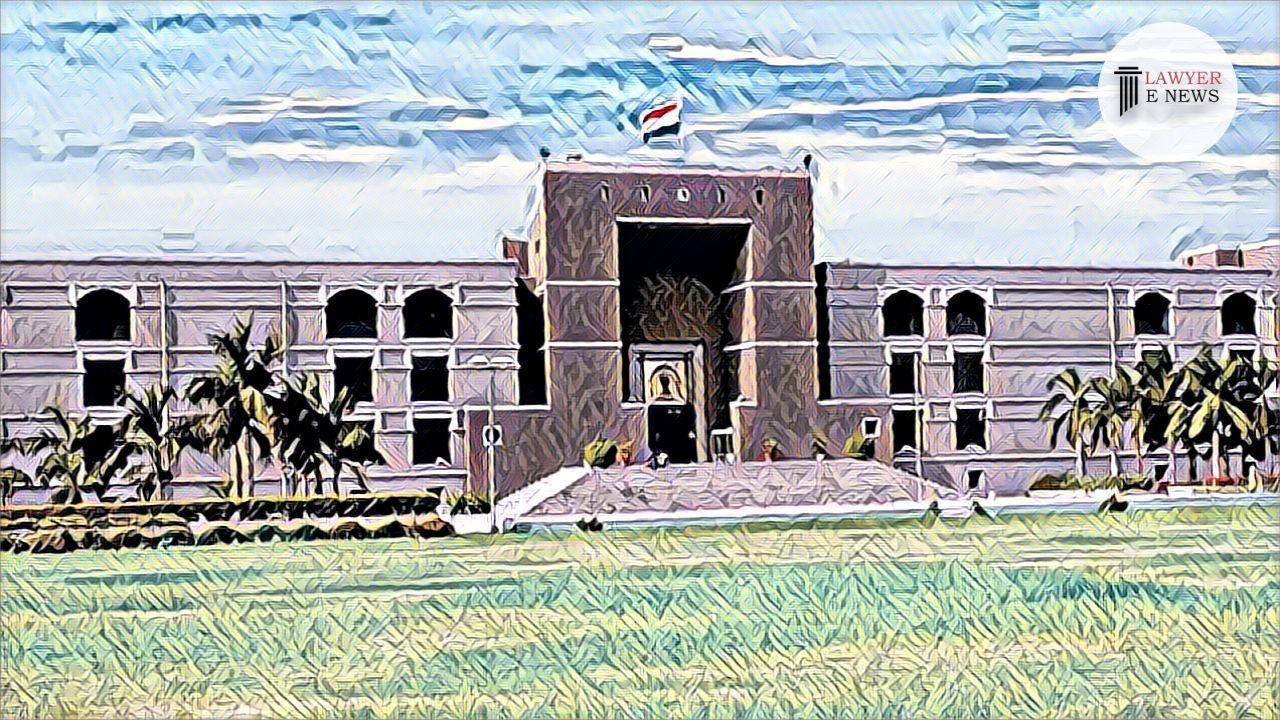-
by sayum
17 February 2026 5:39 AM



In a significant ruling, the High Court of Gujarat, presided over by the Honorable Mr. Justice J.C. Doshi, has upheld the anticipatory bail granted to Rakesh @ Govind Banwarilal Dhandhariya in a case involving allegations of financial fraud amounting to Rs.90 Lakhs. The court emphasized the necessity of "strong reasons" for the cancellation of bail, distinguishing between the refusal to grant bail and the cancellation of bail after it has been granted.
In the case titled Rajnish S/O Sawal Lilha Versus Rakesh @ Govind Banwarilal Dhandhariya & 1 other(s), the petitioner sought the cancellation of anticipatory bail, which was previously granted by the 10th Additional Sessions Judge, Surat. The petitioner argued that the bail was granted on untenable grounds without adequately considering the respondent's past offenses and the significant amount involved in the alleged fraud.
However, in its order dated February 1, 2024, the court observed, "Cancellation of bail requires strong reasons; the court cannot cancel the bail mechanically." This observation was in line with the principles laid down in several precedents, such as Bhagirathsinh S/O Mahipat Singh vs State Of Gujarat and Bhagwan Singh v Dilip Kumar @ Deepu @ Depak.
The respondent's defense highlighted his acquittal in related cheque cases, asserting that there had been no misuse of the granted bail and no breach of its conditions. This stance was crucial in the court's decision to dismiss the petition for cancellation of the anticipatory bail.
The court referred to the decision in Siddharam Satlingappa Mhetre v/s. State of Maharashtra and Ors., underscoring that the petitioner failed to present convincing reasons to demonstrate that the impugned order was arbitrary or whimsical.
In conclusion, the High Court's decision to dismiss the petition for cancellation of anticipatory bail reinforces the judiciary's cautious approach in handling bail matters, particularly in emphasizing the importance of safeguarding personal liberty while simultaneously ensuring that justice is served. The ruling sets a precedent for future cases where the cancellation of bail is sought, mandating the presence of substantial and compelling reasons for such actions.
Date: 01/02/2024
RAJNISH VS RAKESH @ GOVIND BANWARILAL DHANDHARIYA
